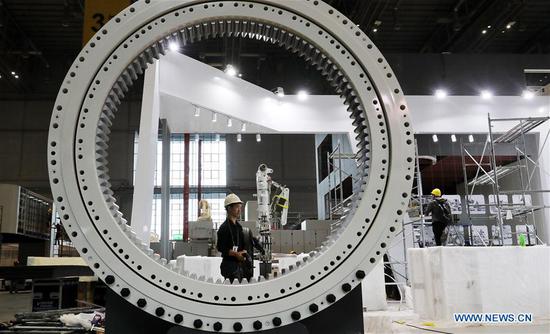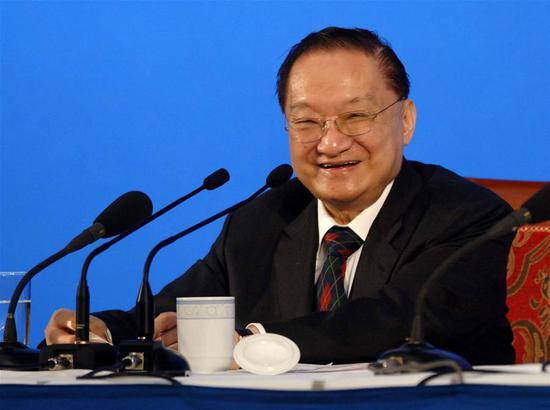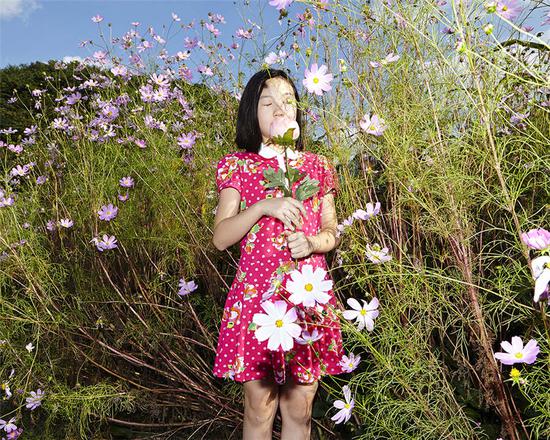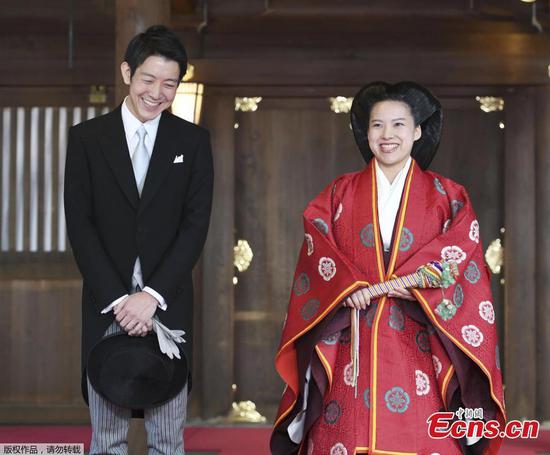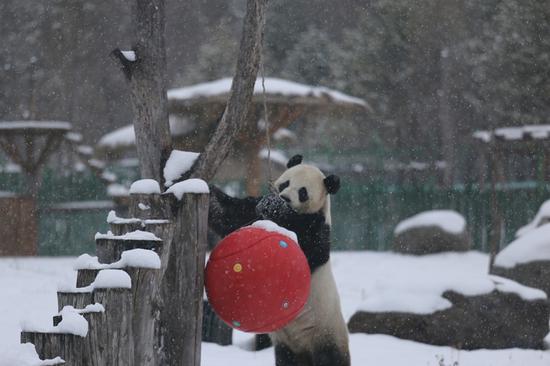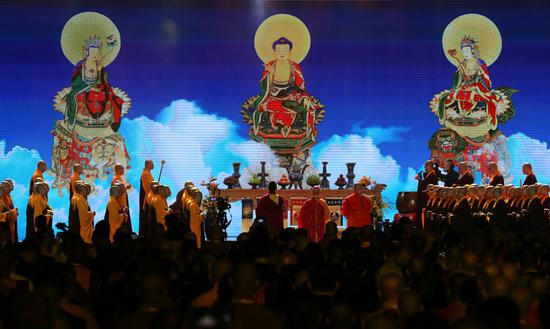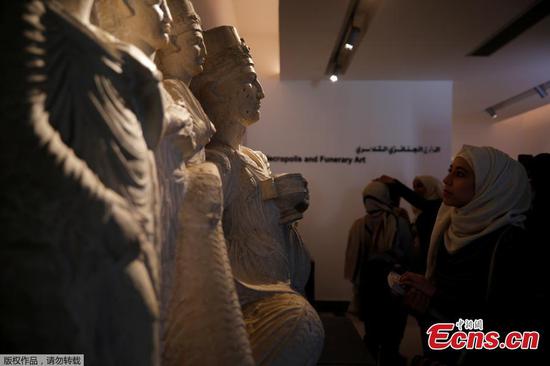The number of births in China is expected to continue to fall this year, the third year of the implementation of a national policy designed to encourage couples to have a second child, according to president of the China Population Association.
"The number of people born will undoubtedly continue to fall this year, as well as over the next few years," Zhai Zhenwu, who is also a prominent professor in population studies in Renmin University of China, said.
Zhai, president of the China Population Association, said a major reason for the declining birth rate is the rapidly decreasing number of women of childbearing age, which has kept going down by between 5 million and 6 million every year.
"So even if the birth ratio remains the same, the total number of people born will keep decreasing," he said.
Another reason for the expected decline of births is that many women who planned to have a second child rushed to get pregnant and give birth in the first several years of the implementation of the policy, and the peak in births will be over soon, Zhai said.
However, Zhai said the universal second child policy has helped to increase the birth rate, and the number of second children born in China has accounted for about half of all the births in China last year.
"Without the universal second child policy, the number of births would see a more drastic fall," he said.
Zhai suggested creating a more friendly environment for couples to give birth, such as establishing more nurseries for infants, to encourage the birth of a second child.
"However, we should realize the fact that various measures designed to encourage births will not stop the dwindling birth rate, as experiences in some developed countries such as Japan and South Korea have shown," he said.

















